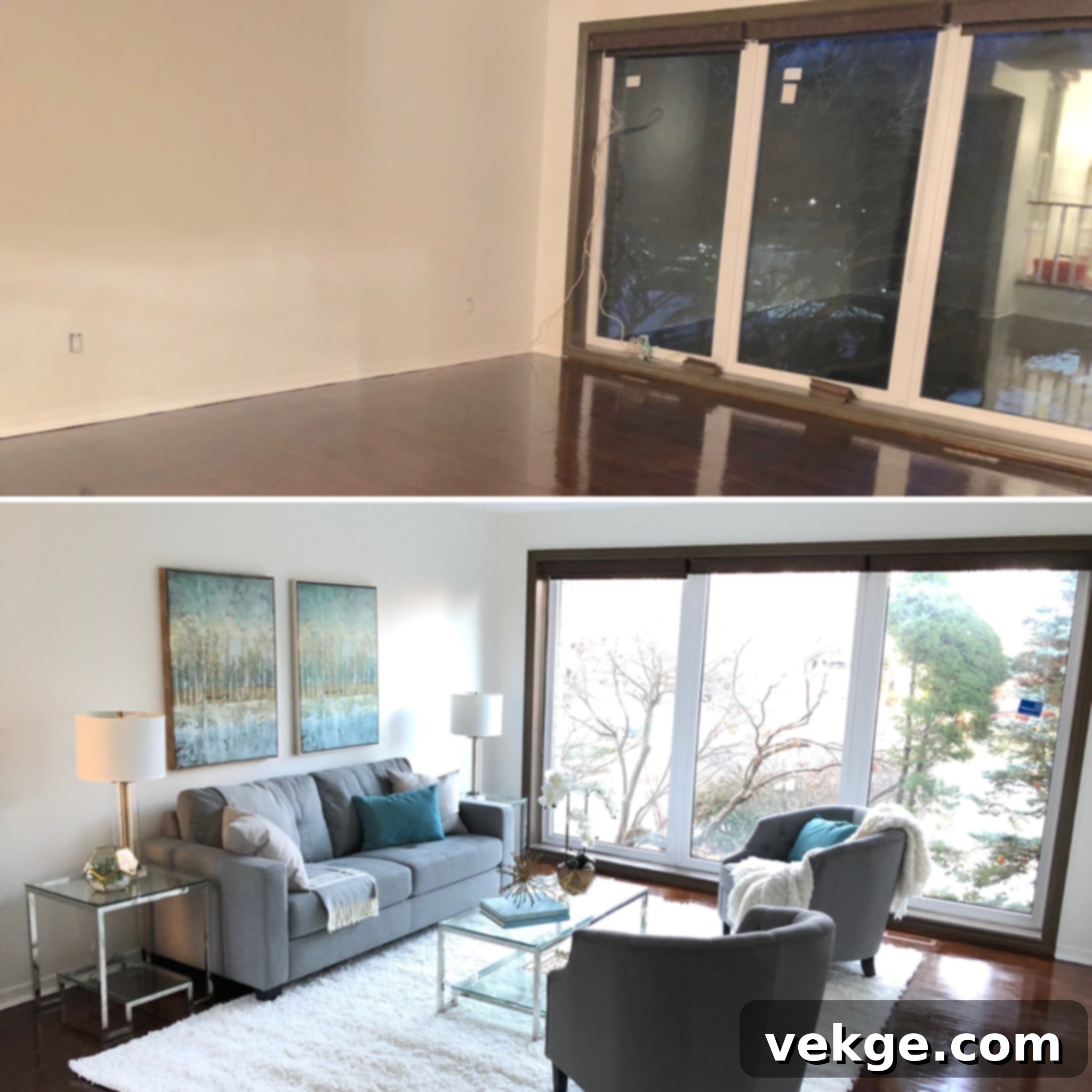How Online Stores Are Revolutionizing Home Staging: A Comprehensive Guide for Real Estate Professionals
The dynamic landscape of real estate demands constant innovation in how properties are presented. The art and science of home staging, once limited by geographical constraints and traditional retail models, have undergone a profound transformation with the advent of online stores. What was once a laborious process of sourcing unique furniture and decor from local shops and nearby suppliers has evolved into an era defined by unparalleled ease of access, groundbreaking innovation, and expansive accessibility.
This paradigm shift has not only streamlined operations for home staging professionals but has also empowered them with a vast arsenal of tools to elevate property appeal and captivate potential buyers. In this in-depth guide, we will explore seven pivotal ways online stores are fundamentally reshaping the home staging industry, providing professionals with powerful resources to enhance the aesthetic and marketability of their properties.
Let’s delve into these transformative influences.
1. Unparalleled Diversity and Product Range
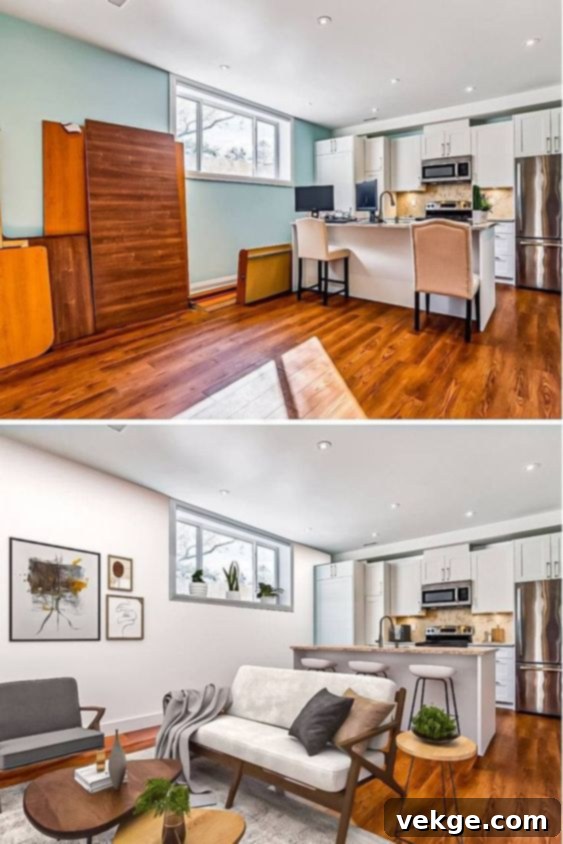
One of the most significant impacts online stores have had on home staging is the sheer breadth and depth of products available. Platforms like Wayfair Professional exemplify this, offering an extensive selection of furniture, decor, lighting, and accessories that cater to an incredibly wide array of tastes, styles, and property types. From contemporary minimalist designs to rustic farmhouse aesthetics, and from classic traditional pieces to cutting-edge avant-garde decor, the options are virtually limitless.
This unprecedented variety empowers home stagers to move beyond generic setups and curate truly unique, captivating spaces that resonate with specific target demographics. Professionals can now meticulously tailor their staging approach to each property’s architectural style, location, and the lifestyle it aims to sell. This precision in design ensures that every staging project not only highlights the property’s best features but also evokes the desired emotional connection with potential buyers, ultimately enhancing the property’s market appeal and perceived value. The ability to source specific items for a particular vision without physical limitations is a game-changer for creative and effective home staging.
2. Unmatched Convenience and Time Efficiency
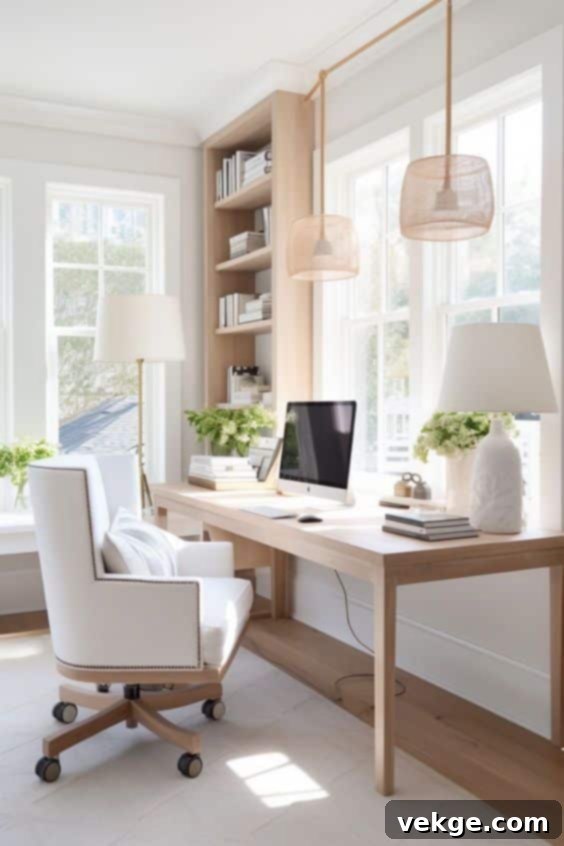
The traditional model of home staging involved significant time investment in physical shopping trips. Professionals often spent countless hours navigating multiple brick-and-mortar stores, searching for specific pieces, dealing with limited inventory, and coordinating transport. Online stores have dramatically streamlined this process, offering unparalleled convenience and time efficiency for home stagers.
With digital platforms, professionals can browse vast catalogs, compare products, read reviews, and make purchases from the comfort of their home or office, at any time of day or night. This 24/7 accessibility, coupled with user-friendly search filters and streamlined checkout processes, frees up valuable time and resources that can be redirected to other critical aspects of the staging project, such as client consultations, design planning, and actual property setup. The ability to efficiently manage multiple projects concurrently not only increases a stager’s capacity but also enhances their overall reach and influence within the competitive real estate market. This shift has truly empowered stagers to optimize their workflow and deliver results faster.
3. Cost-Effective and Budget-Friendly Solutions
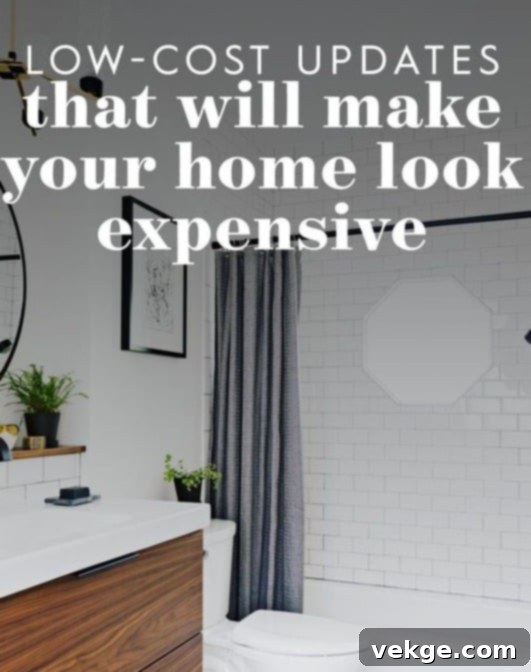
A common misconception is that effective home staging must come with a hefty price tag. However, online stores have debunked this myth by offering a plethora of cost-effective solutions without compromising on quality or style. These digital platforms often have lower overheads compared to traditional retailers, allowing them to offer competitive pricing, frequent sales, and exclusive discounts for trade professionals.
Home stagers can now access a wide spectrum of furniture and decorative items that fit various client budgets, making professional staging more accessible to a broader range of sellers. This affordability democratizes the staging process, enabling more properties to benefit from professional enhancement. The positive ripple effect on the real estate market is significant: as more homes are professionally staged, the overall quality and appeal of listings increase, potentially leading to faster sales and higher selling prices across the board. This fosters a more dynamic and active market, benefiting both sellers and buyers.
4. The Rise of Virtual Staging Features

In our increasingly digital age, virtual staging has emerged as an incredibly popular, flexible, and cost-efficient alternative to physical staging. Online stores play a crucial role in facilitating this trend by providing high-quality, realistic digital representations of their vast product catalogs. This allows home stagers to virtually furnish and decorate properties with items directly from the platform’s inventory, without the need for physical procurement or setup.
Virtual staging not only saves significant time and money but also offers immense creative flexibility. Stagers can experiment with different styles, layouts, and color schemes digitally, presenting various possibilities for a single space. This enables potential buyers, regardless of their geographical location, to visualize a property’s full potential and imagine themselves living in the space, even before stepping foot inside. It’s an invaluable tool for properties that are vacant, under renovation, or located remotely, extending their market reach globally and engaging a wider audience with compelling visual narratives.
5. Enhanced Personalization and Customization Capabilities
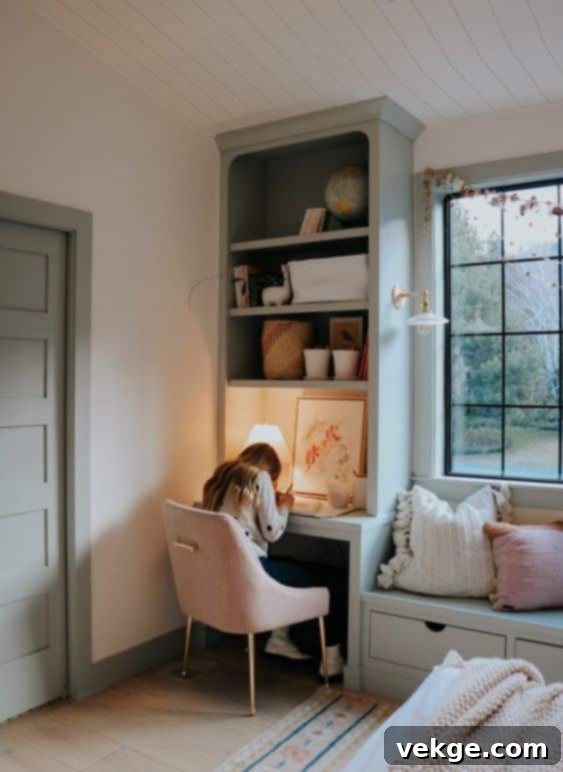
Recognizing that every property possesses its own unique character and every target buyer has distinct preferences, online stores have significantly advanced the ability for personalization and customization in home staging. Platforms often provide advanced filtering options, design tools, and curated collections that allow home stagers to precisely match decor and furniture to a property’s specific architectural style, existing features, and target demographic.
Whether it’s creating a warm, inviting atmosphere for a family home or a sleek, sophisticated ambiance for a luxury city penthouse, professionals can meticulously select items that align with a specific vision. This level of granular control enables stagers to craft a compelling narrative for each property, enhancing its individual charm and making it more appealing to potential buyers. By tailoring the environment to align with buyer tastes, home stagers can forge a stronger emotional connection between the property and its viewers, helping them envision their future lives within that space and ultimately facilitating a quicker, more profitable sale.
6. Access to Additional Resources and Expert Insights

Beyond merely being retail platforms, many leading online stores have evolved into comprehensive resource hubs for home staging professionals. They frequently offer invaluable expert tips, trend analyses, design guides, and meticulously curated collections designed to inspire and inform. These resources keep stagers abreast of the latest interior design trends, color palettes, and stylistic approaches, ensuring their work remains fresh, relevant, and highly effective.
By providing continuous access to a wealth of information, online platforms empower home stagers to refine their skills, explore innovative techniques, and stay ahead of the curve in a fast-evolving market. This ongoing professional development not only benefits individual stagers by enhancing their expertise and service offerings but also significantly contributes to raising the overall standards and sophistication of the home staging industry as a whole. It fosters a culture of continuous learning and excellence that ultimately serves clients better.
7. Fostering Community and Professional Networking

Home staging is often a collaborative endeavor, and online stores have played an instrumental role in cultivating a sense of community among professionals. Many platforms offer dedicated programs for trade professionals, often including access to forums, exclusive groups, or social media channels where stagers can connect, exchange ideas, share best practices, and seek advice from peers.
This collaborative environment enriches the entire home staging business by fostering knowledge sharing, peer support, and the cross-pollination of innovative ideas. It allows stagers to learn from each other’s experiences, troubleshoot challenges, and even discover potential collaboration opportunities. Online communities facilitate networking that transcends geographical boundaries, enabling professionals to build valuable relationships, gain referrals, and collectively elevate the industry’s standing. This communal aspect empowers individual growth while strengthening the collective professional identity of home stagers.
Conclusion: The Future of Home Staging is Online
Platforms like Wayfair Professional and numerous other online stores have unequivocally revolutionized the landscape of home staging, propelling the industry to unprecedented levels of efficiency, creativity, and accessibility. By offering immense diversity in products, unparalleled convenience, cost-effective solutions, innovative virtual staging capabilities, personalized design options, expert resources, and robust community engagement, these digital platforms have equipped home staging professionals with the essential tools needed to transform properties effectively and enhance their market appeal.
As the real estate market continues its dynamic evolution, online stores are poised to play an even more central role in shaping the future of property presentation. Their commitment to innovation ensures that every property, regardless of its size or location, can be showcased in its absolute best light, captivating potential buyers and driving successful sales. With advancements in technology and ever-changing consumer tastes, these platforms will undoubtedly continue to expand their influence, solidifying their position as indispensable partners in the art and business of home staging. The digital revolution has not just changed how homes are staged; it has redefined what’s possible.
Frequently Asked Questions about Online Home Staging
Is Virtual Staging as Effective as Physical Staging on Platforms like Wayfair Professional?
Yes, virtual staging can be exceptionally effective. It provides a realistic visualization of a staged home, often saving significant time and money compared to physical staging. Modern virtual staging technology, utilizing high-quality digital assets from online stores, can powerfully attract potential buyers by helping them envision the property’s potential and how their belongings might fit into the space. For many properties, especially vacant ones or those undergoing minor renovations, virtual staging offers a compelling and efficient solution.
How Do Online Stores Like Wayfair Cater to Home Staging Professionals’ Pricing Needs?
Online stores cater to home staging professionals’ pricing needs through several mechanisms. They often provide a vast range of products across various price points, ensuring options for every budget without compromising quality. Additionally, many platforms offer trade programs that include exclusive discounts, bulk pricing, and special promotions for registered professionals. This approach makes high-quality home staging more accessible and affordable, allowing stagers to maximize their clients’ return on investment.
Do Online Store Customization Options Suit Both Historic Homes and Modern Penthouses?
Absolutely. Online stores, particularly those with extensive inventories like Wayfair Professional, offer a diverse array of customization options and filtering tools designed to suit any property style. Home stagers can meticulously select furniture, decor, and accessories that complement the unique architectural nuances of historic homes, enhancing their classic charm. Simultaneously, they can choose sleek, contemporary pieces to create a sophisticated and modern aesthetic for new penthouses. This versatility allows stagers to craft bespoke designs that perfectly align with each property’s character and target buyer preferences.
